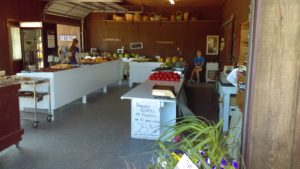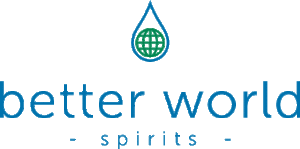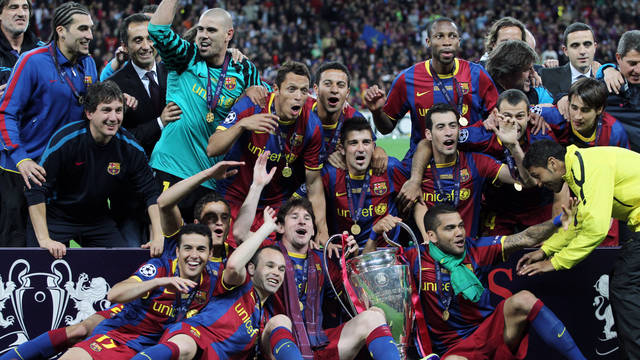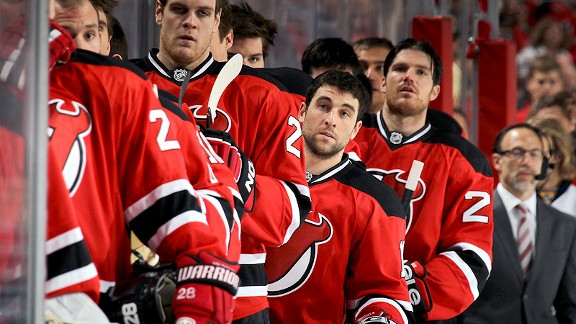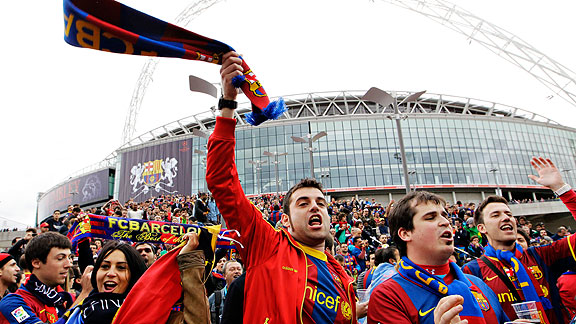On Saturday June 24th I joined the 3rd annual Cycle the Solstice bicycle ride which was hosted by The Cycle Works and benefits the Horn Farm Center for Agricultural Education.
The Cycle the Solstice event offers different length rides to suit riders of all ages and abilities while promoting healthy lifestyles and fresh local food production in the area. Each ride had rest stops at local farms and markets where refreshments and information on local food and agriculture were provided.
I departed at 8:30am on the 20 mile circuit with a fearless leader and a group of riders on a beautiful summer day. We rode over gently rolling hills in southern York County and covered 8 miles and arrived at our first rest stop at Fitz’s Farm Market and were treated to refreshments.
After a revitalizing rest stop we departed and rode about 3 miles to our next stop at Cabin Creek Farms, a local wholesale and retail tree nursery where you can cut your own Christmas tree.
We then proceeded to pedal another 6 miles to our final rest stop Goldfinch Farm, a local farm that grows organic (non-certified) vegetables to sell to CSA members. A custom designed and built model wooden train decorated the landscape.
Back on the bikes for a 5 mile jaunt back to the Horn Farm Center for tacos with local produce from the gardens. It was a delightful day for a bike ride and gratifying to know that it will support the mission of connecting the community to local food.

